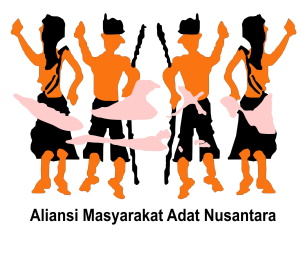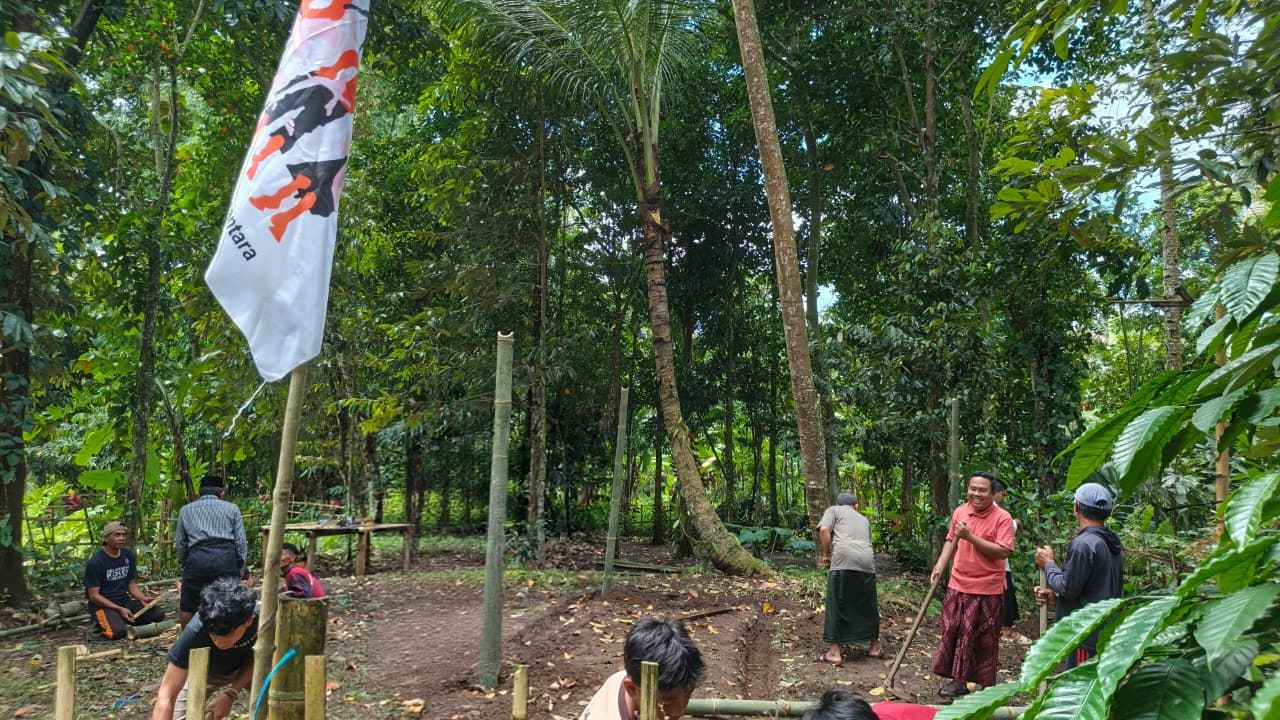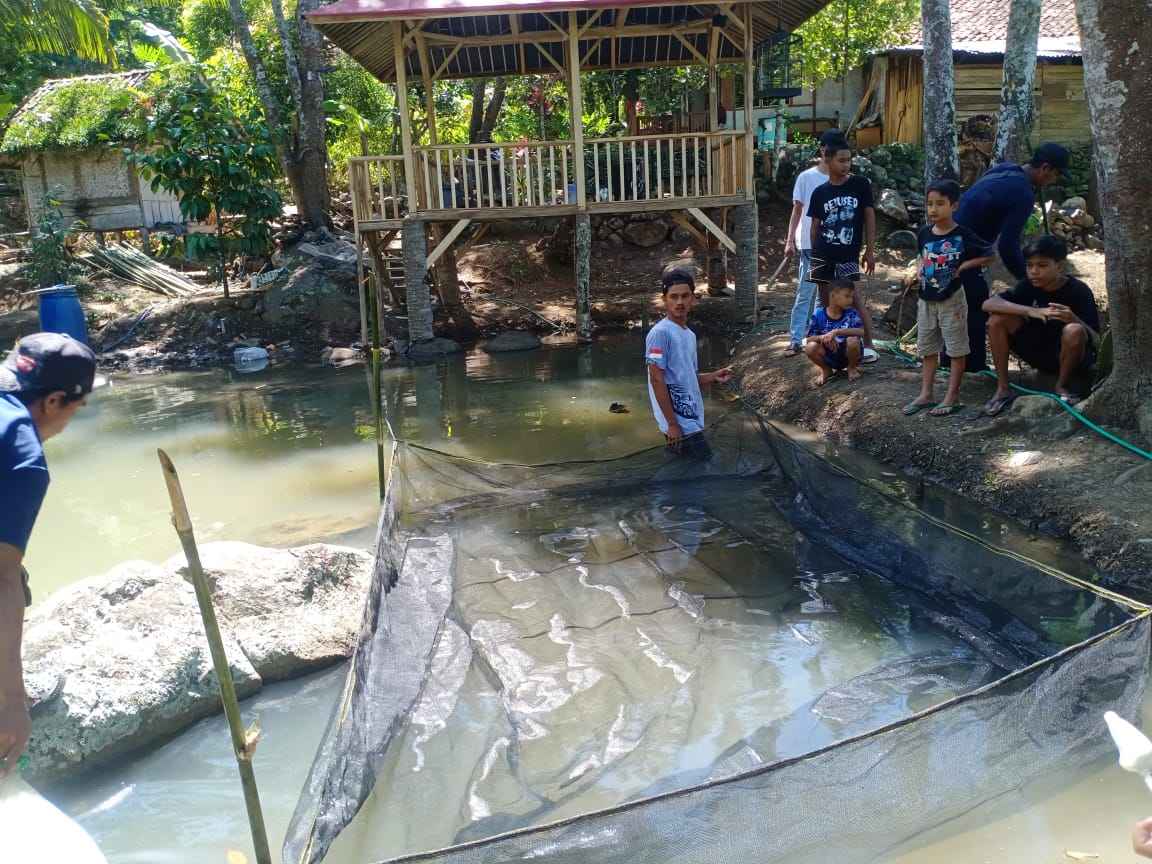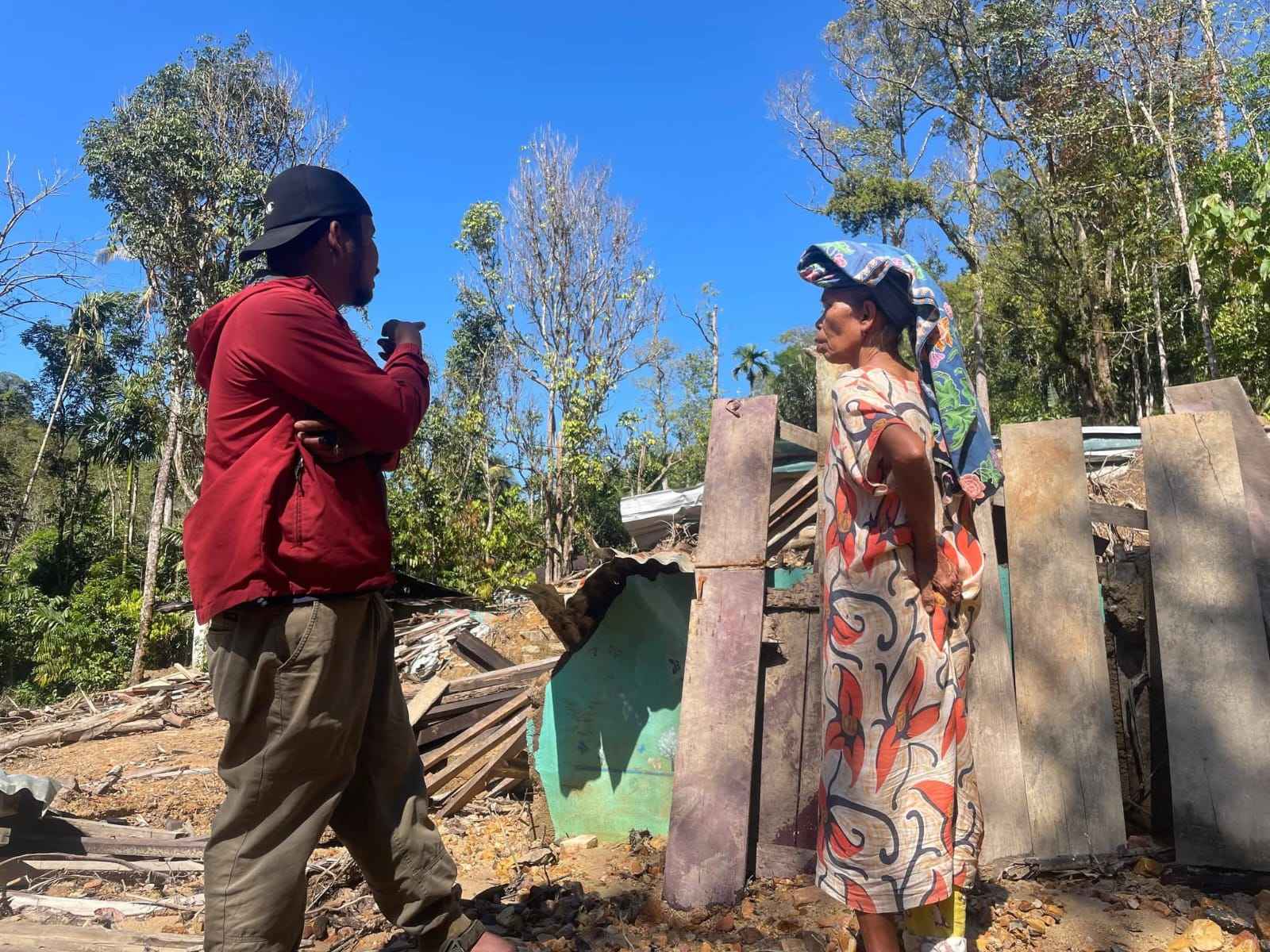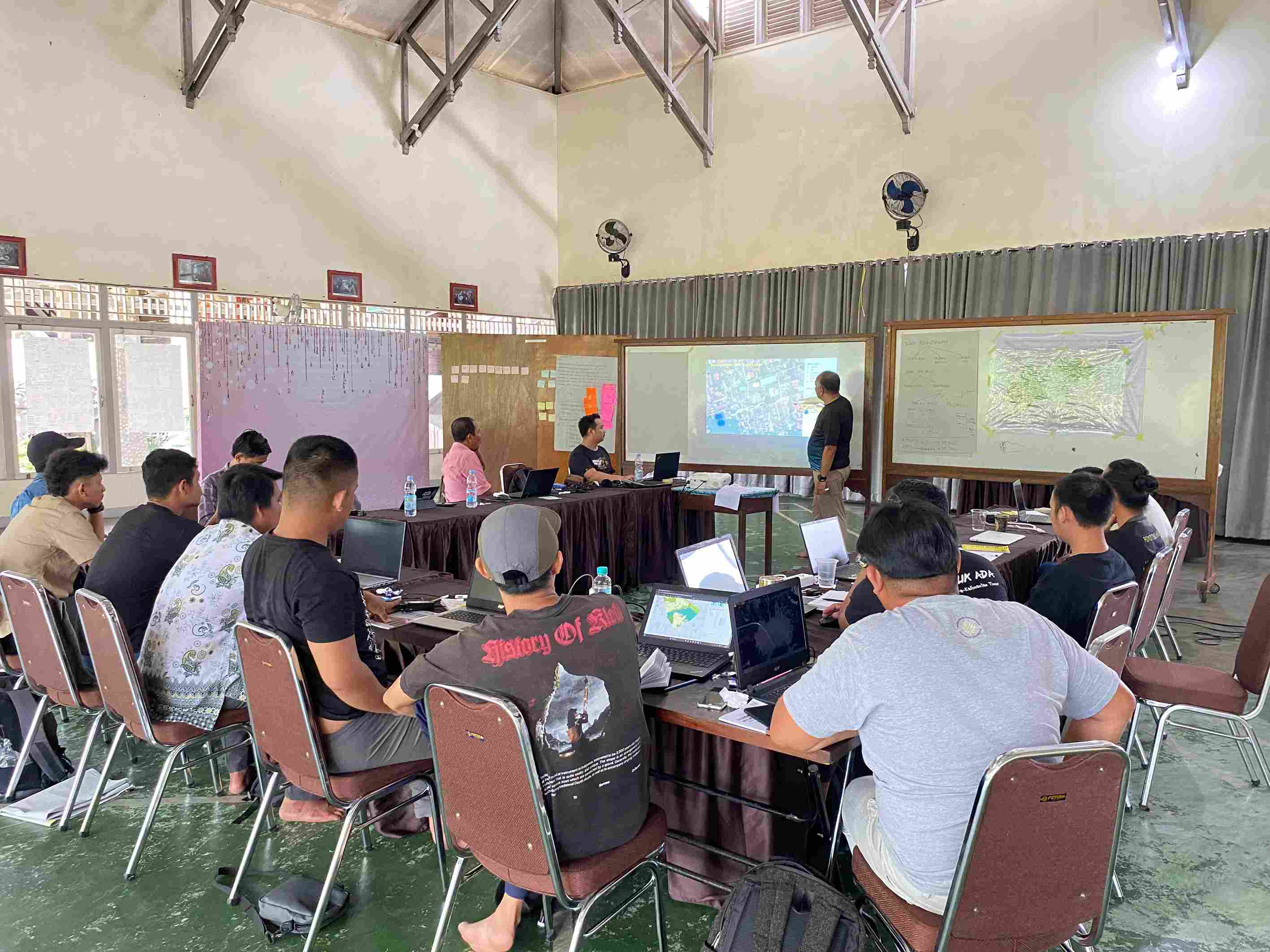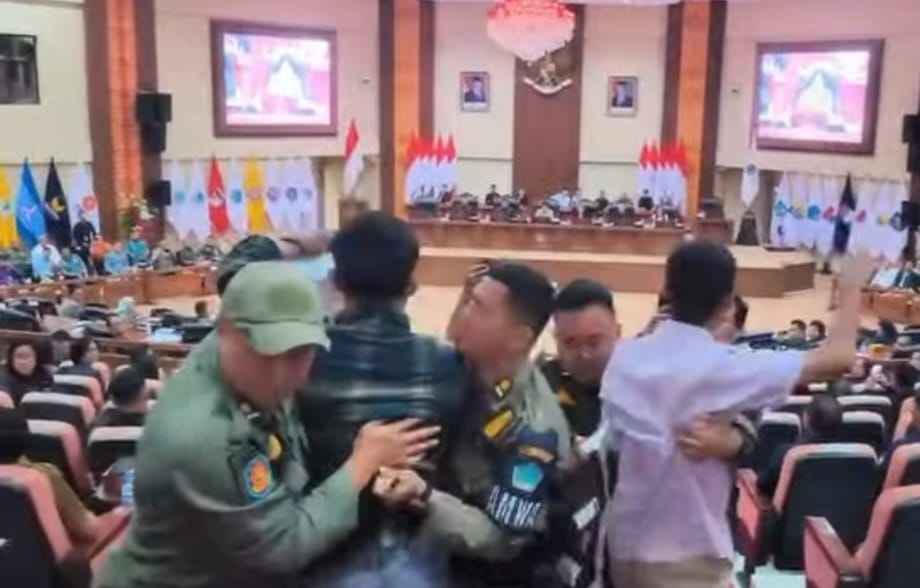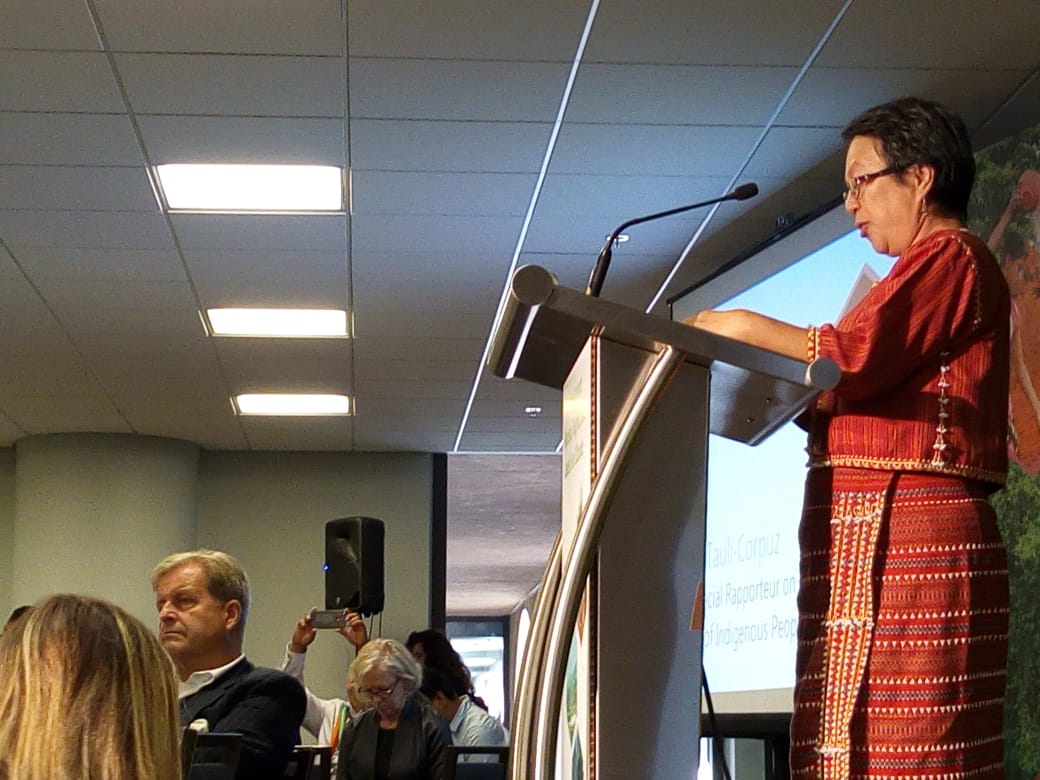
Guiding Principles for Collaboration and Partnership Between Subnational Governments, Indigenous Peoples and Local Communities
20 September 2018 Berita Jakob Siringoringowww.aman.or.id - In 2014, Governors from the member states and provinces of the Governors’ Climate and Forests Task Force (GCF Task Force) adopted the landmark Rio Branco Declaration (RBD) at the GCF Task Force Annual Meeting in Rio Branco, Brazil. The RBD commits GCF Task Force members to reducing deforestation and promoting sustainable, low-emissions economic development across state and provincial jurisdictions while forging partnerships and sharing benefits with indigenous peoples and local communities.
GCF Task Force states and provinces recognize that indigenous peoples and local, forest-based communities often lead the way in building and maintaining successful, territorial approaches to forest conservation and low- emissions development. For their part, indigenous and local community leaders recognize that working with governments at all levels is critical in their efforts to secure territorial and human rights and benefits for their communities from their forest conservation and low emissions development leadership. The members of the GCF Task Force and indigenous peoples and local community leaders endorse the following Principles of Collaboration:
1. We recognize and respect indigenous peoples’ and local communities’ rights in relation to their lands, territories, culture, self-determination and governance as expressed, for example, in Convention 169 of the International Labor Organization on Indigenous and Tribal Peoples, the United Nations Declaration on the Rights of Indigenous Peoples (UNDRIP), the New York Declaration on Forests, the Paris Accord, and other international agreements;
2. We recognize the historic contribution of indigenous peoples and local communities to the maintenance of forest stocks and the environmental services those forests provide to society as a whole, through the traditional management of resources, such as community forest management, as well as modern territorial management strategies;
3. We acknowledge, value and support the intrinsic relationship that indigenous and other local forest communities have to their territories and natural environments, which are the main sources for the long-term wellbeing of their people and integrity of their cultures;
4. We intend to facilitate and strengthen indigenous peoples and local communities with regards to territorial governance, forest conservation and management, the preservation of and respect for their traditional knowledge and worldviews, including concepts such as “buen vivir,” implementation of life plans, and support for traditional livelihoods that promote integrated forest conservation and community development;
5. We intend to contribute to the broader GCF objective of creating, monitoring and evaluating adaptable, context-specific subnational jurisdictional approaches to forest governance, avoided deforestation, livelihood development, and achievement of Nationally Determined Contributions in their respective countries, with a focus on respect for indigenous peoples’ and local communities’ rights;
6. We intend to facilitate and support partnerships between subnational governments and representative indigenous peoples and local community authorities, who by definition are those who represent groups that have jurisdiction over a defined territory and vision for management of that territory;
7. We promote, strengthen and guarantee the participation of and representation of indigenous peoples’ and local communities’ authorities and representative organizations in decision- making processes related to jurisdictional strategies for low emissions rural development and reducing deforestation and degradation;
8. We advocate for subnational, “bottom-up” leadership in national policies for reducing emissions from deforestation and degradation and low emissions rural development that affect indigenous peoples and local communities and environmental governance in GCF member states and provinces;
9. We respect and ensure consistency with the Cancún Safeguards, including Free, Prior and Informed Consent (as specified in UNDRIP and ILO Convention 169) for the consultation of indigenous peoples and local communities;
10. As stipulated in the Rio Branco Declaration, we affirm that benefits originating from subnational low emissions rural development and reducing emissions from deforestation and degradation initiatives should flow to indigenous peoples and local communities, as well as other actors contributing to reducing emissions from deforestation, recognizing their contribution to forest conservation;
11. We will work to co-design initiatives and pathways for benefit-sharing, increased financing mechanisms, capacity building, and consultation through the Global GCF Indigenous Peoples and Local Communities Working Group as well as through working groups in GCF member regions, if applicable;
12. We commit to facilitate and encourage the design and implementation of finance mechanisms by indigenous peoples and local communities through their representative authorities and organizations; and
13. We commit to promoting measures to ensure protections for the defense of forests by indigenous peoples and local communities.
(San Francisco, CA 12 September 2018)
Jakob Siringoringo - Infokom PB AMAN
